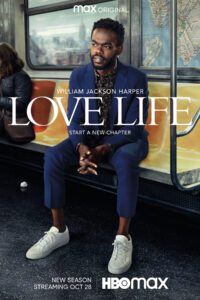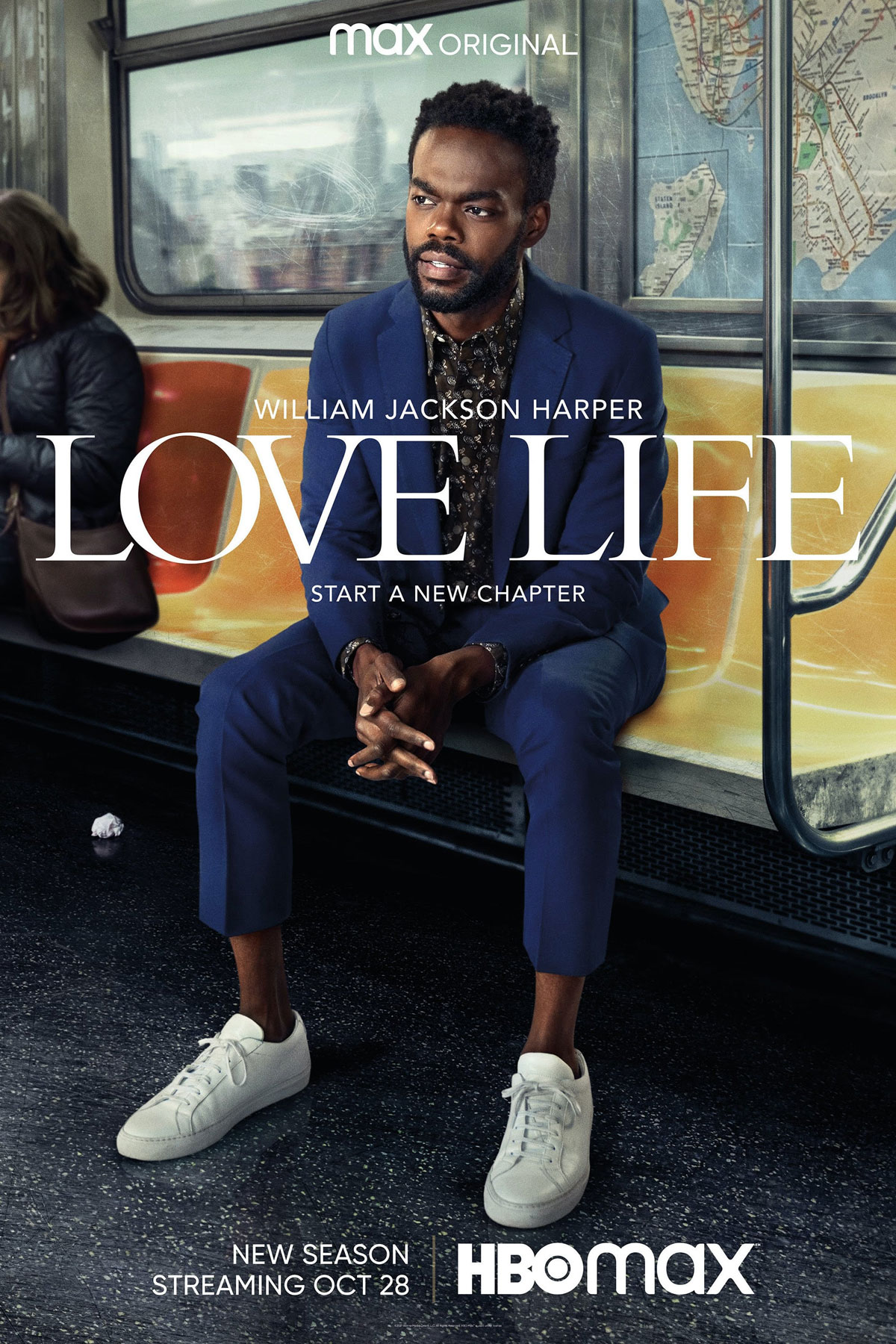
Service: HBO Max
Season Year: 2021
The word “representation” has come up a lot in the past couple of years. And it’s a very important word. And concept. The issue comes when it’s put into practice. Because it still feels like some shows and movies stick an actor of color in a lead role and feel like they’ve done their duty. Sure, they still call the dude Joey and the script clearly was written by a white dude with a white dude in mind. But they’ve made their diversity hire and can feel good about it. But then there’s the second season of the Love Life anthology series, which actually set out to tell a story about a black man making his way through life and love in the big city. After the first season, which starred white America’s favorite funny girl, Anna Kendrick.
And, look, I am in no way an authority on any of this. Being black in America. Television. None of it. But it was really fascinating to see life through Marcus Watkins’ (William Jackson Harper) eyes and experiences. The setup is much like the first season — which, they have to admit, is pretty much a direct High Fidelity rip — where Marcus moves through his life and loves, with each episode/chapter the name of one of his amores. Marcus, like Kendrick’s character, Darby, in Season One, is the center of the show’s universe. Everything flows through him and around him. But, unlike the first season, he is surrounded by some women who almost overtake his brilliance.
Enter Mia Hines (Jessica Williams). Seriously, how is this woman not in every show and movie made in 2021? Not Mia, of course, because she’s a fictional character (albeit a pretty awesome one). But Williams, whom I remember from The Daily Show and a small part in Booksmart, but had no idea she had the chops to go toe to toe with Jackson Harper, who is compelling as hell in his own right. I was sad when she wasn’t on screen. I felt invested when they meet. I felt like I had lost something when they broke up. It made me remember that these types of relationship comedy dramas are only as good as their casts. You have to connect to the people. To the actors.
And, again, there are a bunch of side love stories along the way, but the backbone of this season is this relationship. The one that lingers in the background when others come and go. The longing. The two damaged characters that fulfill something in each other. And I bought that shit. And I laughed along the way, as Marcus struggles with his race and class and age and place in society in his manic way. And what it means to be the child of a magically successful relationship between remarkably successful people and having to live up to that. The thing is, Marcus isn’t just the Joey they slotted in when Billy Magnussen wasn’t available, or wrote this vanilla script that they just got a character to deliver lines. It felt natural, and I bought into the character. There is some formulaic comedy stuff with Marcus’ best friends and his sister, but it made the whole thing feel kind of warm and oddly cinematically traditional in a way I didn’t mind. Funny-ass friends are still funny — even if they feel a little overly familiar.
I will admit that I downloaded and binged this show on a plane a trip back and forth to Dallas. Which, honestly, feels like a pretty good forum for this intimate picture of a dude’s modern life. There are no explosions, gunfire or mysteries. Other than how Marcus and Mia are going to end up together after each messes shit up in different ways. Call me a sap. Call me a guy who sometimes likes old-fashioned relationship stuff. But also call me when the two stars of this show are dunking on Hollywood and making me look like an oracle and shit.


